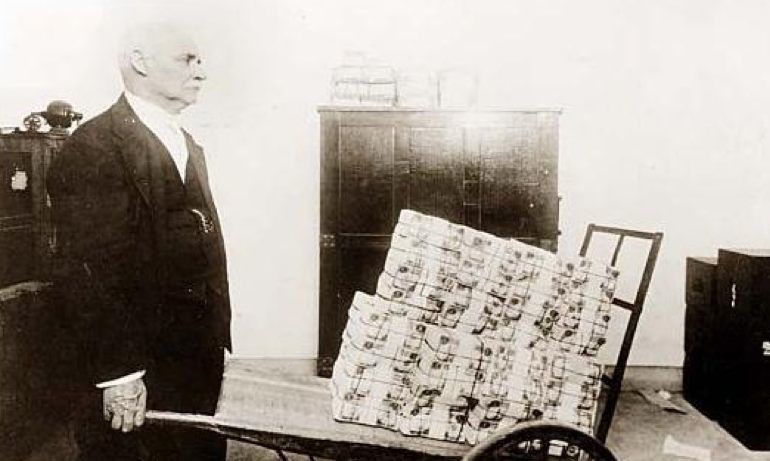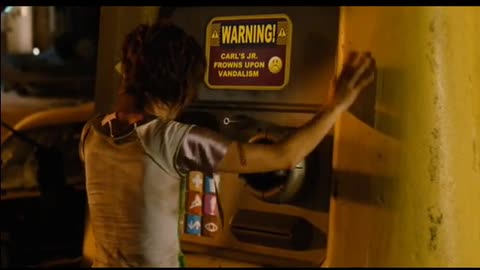President Obama ran the most pro-Labor Administration of the past fifty years, which led to great gains in household income for middle-class and impoverished citizens. That went almost ignored, especially during the recent election. But his measures didn’t in any way curb wealth inequality, which actually accelerated during his tenure. Some argue that an increasingly yawning gap between haves and have-nots is fine as long as those at the bottom are progressing, but that’s nonsense. Having such a disparity erodes democracy and allows some to further game the system for themselves.
In “A Dilemma for Humanity: Stark Inequality or Total War,” Eduardo Porter cites Walter Scheidel’s new book, The Great Leveler, as he wonders if anything can corral runaway inequity, arguing that history says such a situation only ends through violent upheaval of one kind or another.
I do believe policy could counteract current wealth inequality as it did during the Gilded Age, but it would take the best of circumstances politically, and for the next four years at least we’re going to have the worst. If the choice of Andy Puzder today as Labor Secretary is any indication, it will be catastrophic. He’s just the latest joke on the white working-class voters who trusted Trump, whose victory has quickly revealed itself to be the single biggest troll of our time.
From Porter:
History — from Ancient Rome through the Gilded Age; from the Russian Revolution to the Great Compression of incomes across the West in the middle of the 20th century — suggests that reversing the trend toward greater concentrations of income, in the United States and across the world, might be, in fact, nearly impossible.
That’s the bleak argument of Walter Scheidel, a professor of history at Stanford, whose new book, The Great Leveler (Princeton University Press), is due out next month. He goes so far as to state that “only all-out thermonuclear war might fundamentally reset the existing distribution of resources.” If history is anything to go by, he writes, “peaceful policy reform may well prove unequal to the growing challenges ahead.”
Professor Scheidel does not offer a grand unified theory of inequality. But scouring through the historical record, he detects a pattern: From the Stone Age to the present, ever since humankind produced a surplus to hoard, economic development has almost always led to greater inequality. There is one big thing with the power to stop this dynamic, but it’s not pretty: violence.
The big equalizing moments in history may not have always have the same cause, he writes, “but they shared one common root: massive and violent disruptions of the established order.”•


